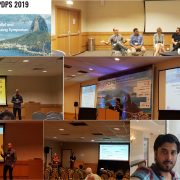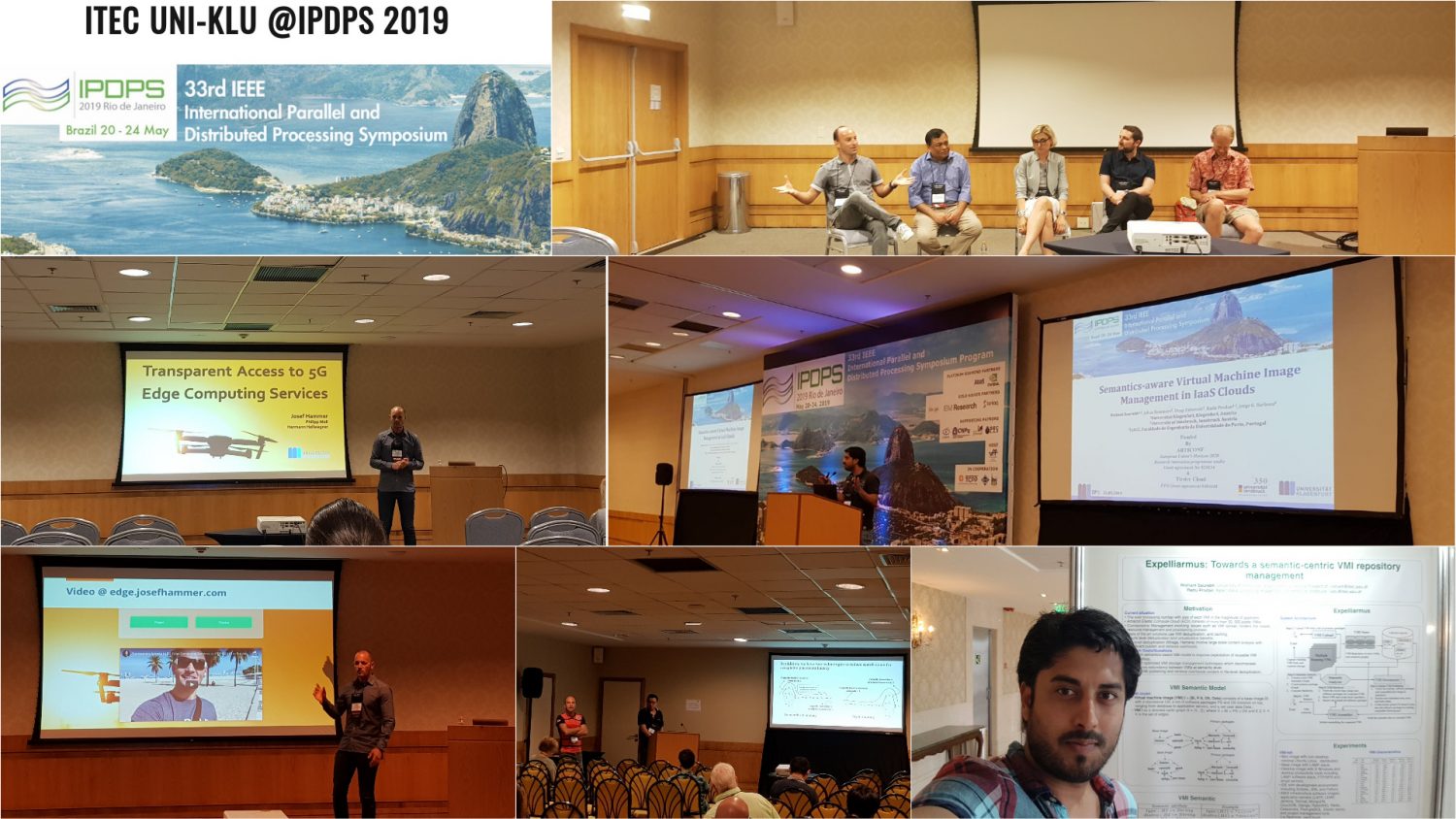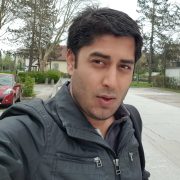The prestigious 33rd IEEE International Parallel & Distributed Processing Symposium, IPDPS 2019 held at Rio de Janerio, Brazil (May 20-24 2019) found representation from ITEC department at UNI-KLU in a number of activities including paper and poster presentations, panel discussions etc. led by Prof. Radu Prodan, Josef Hammer, and Nishant Saurabh.
1. Panel discussion @PAISE 2019, the collocated workshop @IPDPS.
Prof. Radu Prodan led the panel discussion on emerging Blockchain, Parallel AI and Edge computing technology and paradigms at PAISE (Parallel AI and Systems for the Edge), collocated workshop at the prestigious 33rd IEEE International Parallel & Distributed Processing Symposium, IPDPS 2019 along with some renowned researchers including Pete Beckman (Argonne National Laboratory and the University of Chicago), Sandip Kundu (National Science Foundation), Tal Ben-Nun (ETH Zürich), and Ilkay Altintas (Chief Data Science Officer at the San Diego Supercomputer Center), moderated by Rajesh Sankaran (Argonne National Laboratory and the University of Chicago). Prof. Prodan highlighted disruptive scenarios, typically posed with the arrival of next generation technologies and introduced EU H2020 project ARTICONF coordinated by UNI-KLU to the audience in the light of the panel topics.
2. Workshop paper presentation @PAISE 2019, the collocated workshop @IPDPS to be published in IPDPSW proceedings.
Josef Hammer presented the workshop paper “Transparent Access to 5G Edge Computing Services” accepted for publication at 33rd IEEE International Parallel & Distributed Processing Symposium workshop, PAISE 2019.
Authors: Josef Hammer, Philipp Moll and Hermann Hellwagner
3. Conference paper presentation @IPDPS 2019 Cloud Computing session to be published in IPDPS proceedings.
Nishant Saurabh presented the conference paper “Semantics-aware Virtual Machine Image Management in IaaS Clouds” accepted for publication at 33rd IEEE International Parallel & Distributed Processing Symposium , IPDPS 2019.
Authors: Nishant Saurabh (Alpen-Adria Universität Klagenfurt), Julian Remmers (University of Innsbruck), Dragi Kimovski (Alpen-Adria Universität Klagenfurt), Radu Prodan (Alpen-Adria Universität Klagenfurt), Jorge G. Barbosa (LIACC, Faculdade de Engenharia da Universidade do Porto).
4. Poster presentation @IPDPS 2019 PhD Forum.
The ITEC representative members Josef Hammer and Nishant Saurabh presented respective posters amongst distinguished researchers. While, Josef’s poster titled “Transparent Access to 5G Edge Computing Services”, Nishant presented the poster on “Towards a semantic-centric VMI repository management”.
5. Session Chair @IPDPS 2019, Scheduling and Load balancing session.
Prof. Radu Prodan chaired the Scheduling and Load balancing session, which observed some interesting research works from all around the globe.

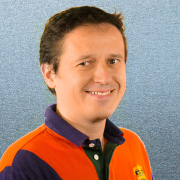
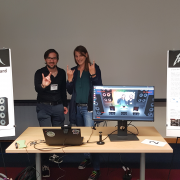
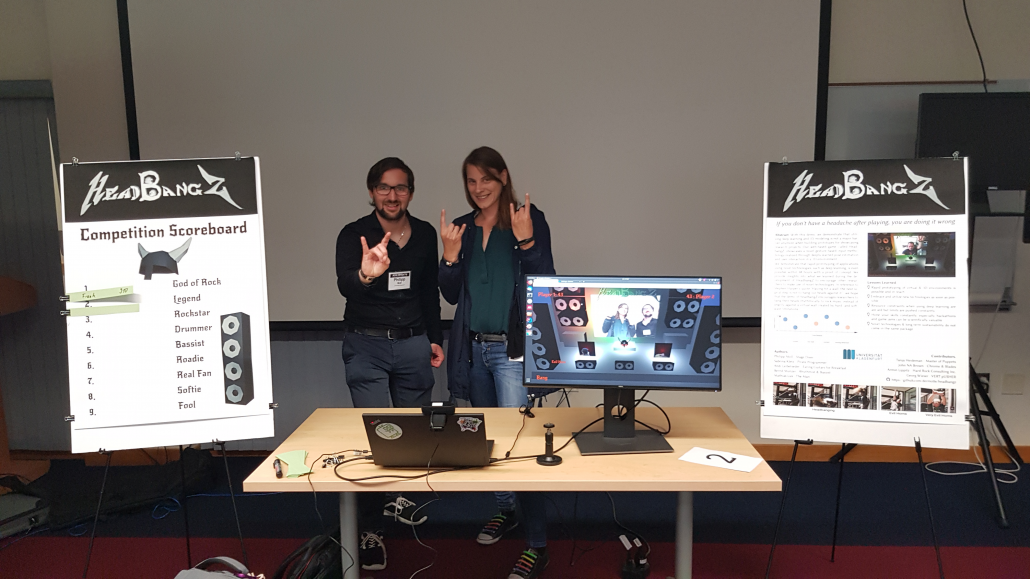 Paper Title: Alternative inputs for games and AR/VR applications: deep headbanging on the web
Paper Title: Alternative inputs for games and AR/VR applications: deep headbanging on the web

